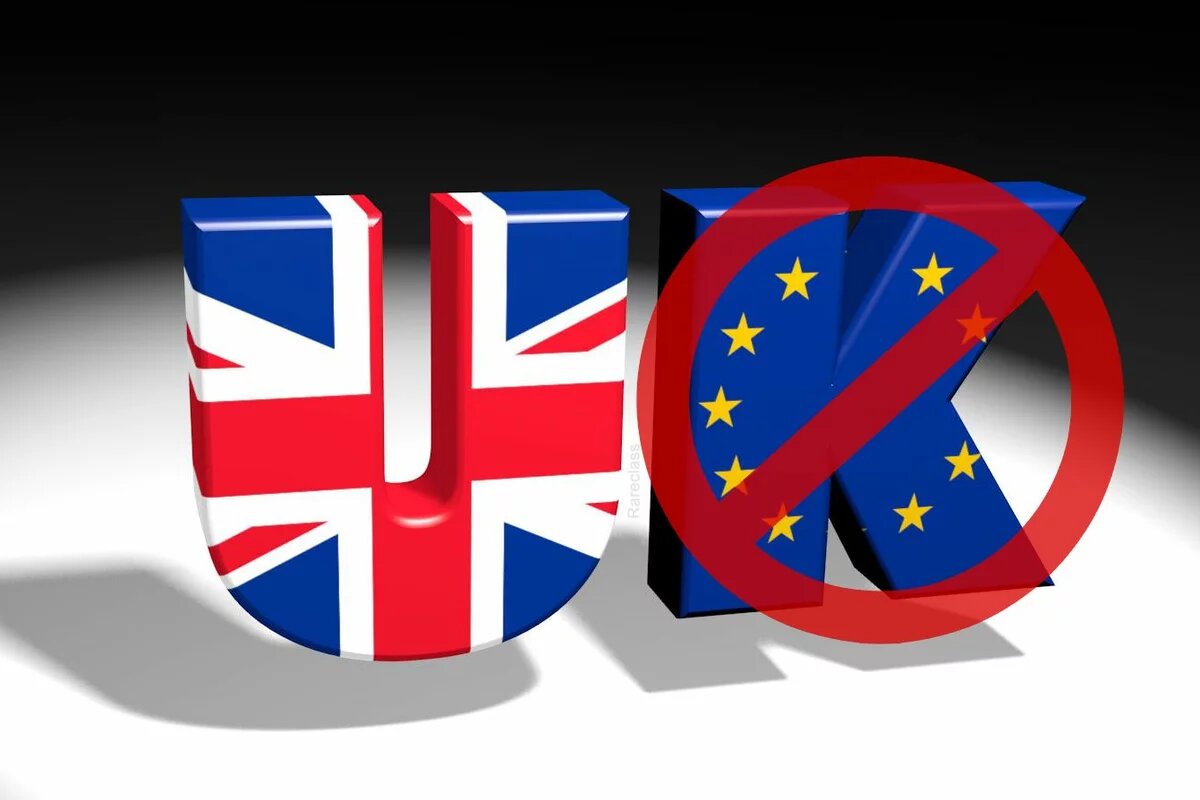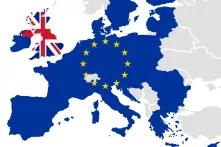
The referendum on UK's membership in the EU marks a unprecedented turning point in the history of the EU. Its effects cannot entirely be foreseen but it shows the current problem areas of the European integration project.
The referendum on UK’s membership in the EU has been a vote against the EU but also against the British elite. Protest votes have to be taken seriously, but might not always be logic. Those campaigning in favour of the Brexit make things more difficult for those who already felt alienated without offering them any relief.
There are some very British elements in this vote. The referendum unveiled how divided the British society is with a severe leadership problem in both major parties, which leaves the country without clear direction. The vote also mirrors the historic distance to the continent. Britons always had a different concept of the European Union than most of the other members.
…and so is Europe
But most of the European countries face the same problem, the rise of populist movements and parties are a clear warning. Europeans were at the forefront of globalisation. We successfully organised free markets, where goods and services can be traded without barriers. However globalisation does not only produce winners. Those who feel left behind cast a protest vote against those who they perceive as harvesting the fruits of the global business.
The lack of economic and social inclusion is only one side of the problem. Tearing down borders also push people to move in their search for better opportunities be it only for the purpose of survival. In consequence, rising migration increases the stress Europeans are exposed to. It offers a breeding ground to populists to engage in identity politics and trigger xenophobic and racist tendencies.
European populism
Populism has become part of the political landscape in almost all European countries. They run almost fact-free campaigns and bluntly lie to the public. Populist pretend to be “the people”, giving a voice to those who feel neglected. At the same time they are exclusive: the notion of “we are the people” becomes “we are the one and only people”. Populist groupings deny the pluralism which is a core element of modern democracies. Thus they are undemocratic from the outset. The fact that they use direct democratic procedures such as referenda makes them look attractive to a large part of the electorate.
The European crisis
The European Union was founded to overcome nationalism, which destroyed Europe twice in the last century. Economic and institutional integration were supposed to prevent European from solving conflicts with arms. Many dreamed to overcome the nation state at all.
Building Europe and its institutions was always an incremental process. Intense deliberations and compromise were the characteristics of the European process. Accommodating everybody kept Europeans together, but the results do not always look attractive. The European institutions are not the result of a grand design but of endless negotiations.
Member States always were reluctant to transfer sovereignty to Brussels. The EU became a unique mixture of a federation of states and a federal state.
Thus it is no surprise that many Europeans are unhappy with the results. The claim that the EU is undemocratic is simply wrong. But for many the decision making process is opaque, arrangements little comprehensible. So why does e.g. the biggest political group in the European Parliament not take the position of the presidency? A democratic arrangement with more checks and balances would be beneficiary for the institutions and the European constituency.
The aloofness of the Member States to hand over competencies creates severe output problems on European level. To give an example: the Dublin agreement made Member States responsible for border control and the handling of the migration system. The system was working only in good times and collapsed during last year’s refugee crisis. Only by this year head of states decided to handle border control and security as a common challenge which should be dealt with jointly between Member States and the EU. The EU institutions are often confronted with demands to solve problems, finding themselves ill-equipped in terms of competences, funds and personnel.
Communication is key in politics. The EU has a severe disadvantage in this matter: there is no motivation for national politicians to positively assess European affairs. If things go well, you better do not talk about it, but if things go bad all blame goes to Brussels. Over the years Europeans developed the bad habit to make the EU a scapegoat for all sort of political problems and describe a caricature of an overreaching bureaucracy that is meddling in people’s affairs.
Good bye Britannia
The British have voted. Whatever needs to be criticized about referenda in general and the campaign in particular, the vote was democratic and has to be accepted by all Europeans. We will miss the pragmatic, liberal and cosmopolitan element Britons contributed to the EU. Others such as Germany and France are bound to take on the burden of leadership. It will be in the best interest of all Europeans to organise a fair and pragmatic divorce. The United Kingdom will leave the EU but not Europe.
What future for Europe?
Members of the Brussels community are used to make the best of each crisis. Again we hear calls for “United States of Europe”. Ideas such as to enlarge the Euro zone or to exclude national parliaments from a vote in the trade deal CETA show that some in Brussels did not yet understand the message. These claims ignore the profound reservations in the nation states. Simply “more Europe” is not convincing for most Europeans. What we need is a “smarter Europe”.
Europe has achieved a lot in terms of security, the rule of law,prosperity and freedom. But Europe still has to deliver on a series of key promises.
So far most efforts to stimulate growth and create jobs were not very successful. The unemployment of young Spaniards or Greeks is first and foremost a national problem. But the increasing split between the South and the North of Europe is a challenge for all Europeans. The increasing heterogeneity in standards of living not only puts at risk the nation states. A better economic, fiscal and social cooperation is essential. Transfers are part of European solidarity in the enlightened self-interest of all of us. But the focus should be on innovation, education and investment in public infrastructure. The challenges in the energy sector and the need to transform our economy to mitigate and to cope with climate change offer enormous possibilities for a more resilient Europe. Otherwise the Euro crisis will be back rather sooner than later.
The refugee and migration crisis triggered populism in many countries. Europe as a community has the means to deal with this crisis. The commission has made interesting policy proposals on this important matter. Member States need to realize that solidarity is not a one way street, but a common burden sharing.
Part of the refugee and migration problem is that we for too long have ignored what is happening beyond our borders. In the globalised world we have to deal with these problems in time. If we do not contribute to solving these problems, they come to us. European Foreign and Security policy will not become easier once the UK will have left the EU and thus we should seek for cooperation. The High representative just has published a “Global Strategy for the European Union’s Foreign and Security Policy” (EUGS) should not remain an academic exercise but must be the start for a serious public debate and political actions.
This article is part of our special Europe's future after "Brexit".
